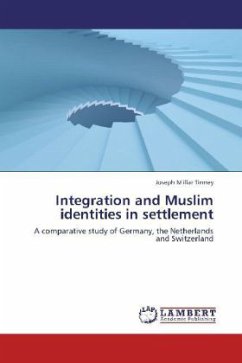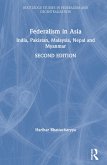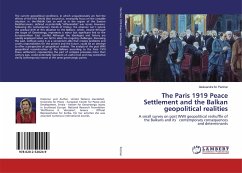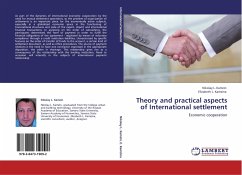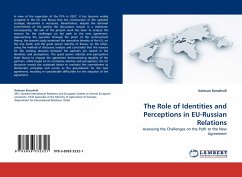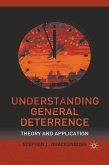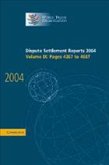Immigrant Integration, understood sets of interlinked social and political projects, take on many different forms and characters. Broadly speaking these range from multicultural to assimilative approaches. Yet the key metaphoric meaning of the term has to do with units fitting into, or being made to fit into, a whole. In western Europe significant Muslim immigration and settlement has been characterized by politicization and securitization. Governments invest heavily in problem-solving social projects to bring about often ill-defined goals. Yet Muslim Integration cannot be reduced to a mere set of social projects. It cannot be separated from its political undercurrents. This book explores some of the politics which drive Integration in Germany, The Netherlands and Switzerland. The author argues that inherent domestic security concerns and motivation, present in all three cases, must give way to a more open and negotiative framing of the processes of settlement. Integration must be, as the author argues, "a negotiated process, an ongoing open-ended search for ways to equalise difference and keep a differentiated sense of that equality."
Bitte wählen Sie Ihr Anliegen aus.
Rechnungen
Retourenschein anfordern
Bestellstatus
Storno

